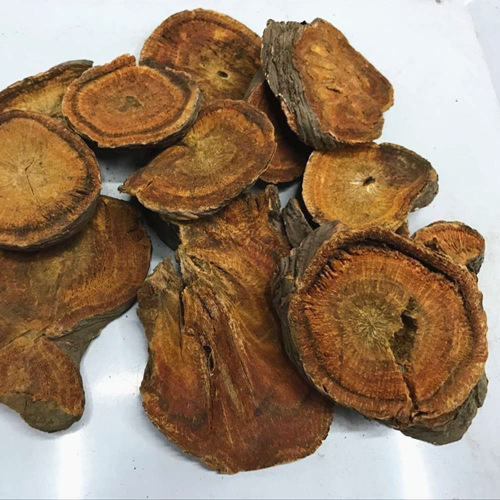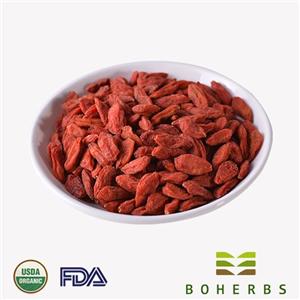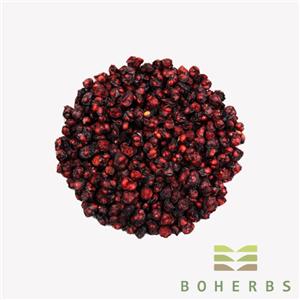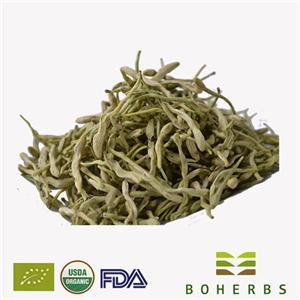Anti-Infection Effect Of Rhubarb Root
(1) Rhubarb Root Disease-Resistant Microorganisms:
Antibacterial Spectrum:
•Sensitive bacteria staphylococcus, hemolytic streptococcus, gonorrhea coccus, diphtheria bacillus, typhoid bacillus, dysentery bacillus and so on.
•Sensitive viruses include influenza virus, orphan virus, hepatitis b virus, poliovirus, etc.
•Other sensitive microorganisms include amoeba, vaginal trichomonas, schistosoma and leptospira.
Antibacterial Active Ingredients:
Emodin, emodin, aloe emodin.
Antibacterial Mechanism:
Affects the enzyme system of folate; Inhibition of bacterial nucleic acid and protein synthesis; Inhibition of bacterial biological oxidase system; Induced interferon.

(2) Anti-Inflammatory And Antipyretic Effects
(3) Immune Regulation:
Anthraquinone derivatives can inhibit non-specific immune function.

(4) Anti-Aging And Anti-Oxidation Effect:
More and more scholars at home and abroad prove that the tannins contained in rhubarb have a good antioxidant effect.




